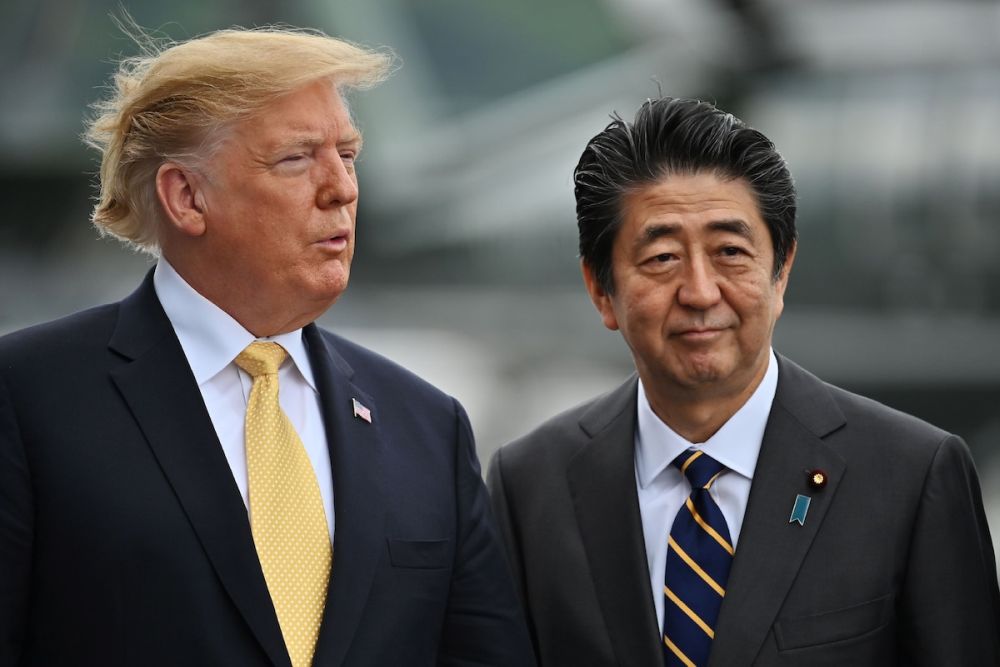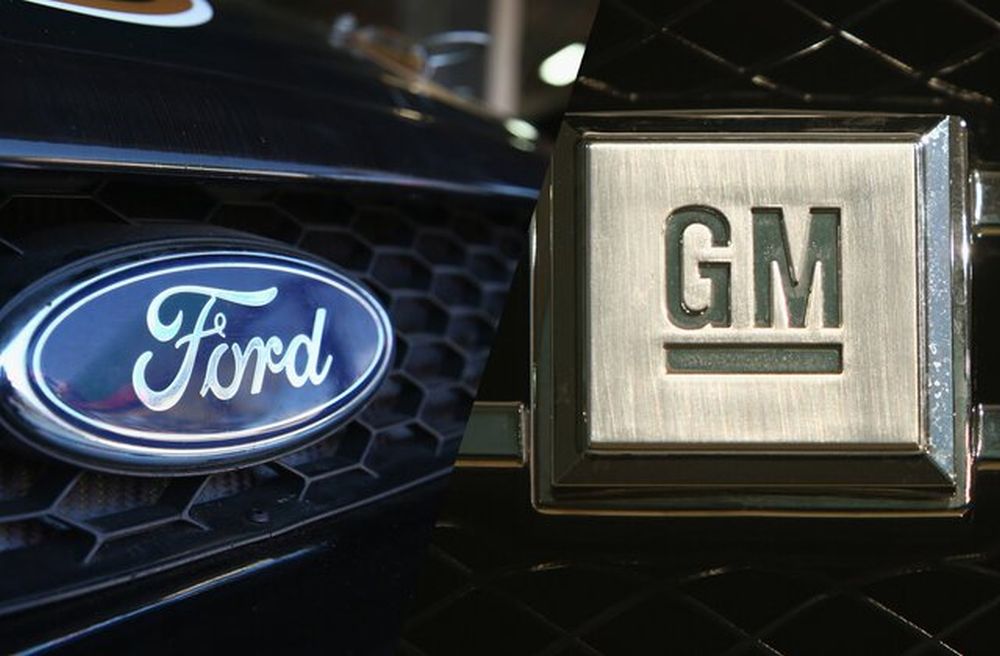Detroit automakers have voiced strong opposition to former President Donald Trump’s trade agreement with Japan, arguing it failed to ensure fair market access for American cars. The deal, which aimed to ease trade tensions, notably lacked binding commitments from Japan to reduce non-tariff barriers that have historically limited U.S. vehicle sales in the country.

U.S. manufacturers like Ford and General Motors argue that Japan continues to use regulatory practices and certification hurdles that effectively shut out foreign competition. Despite the agreement including some tariff concessions, automakers say these do little to address the structural issues they face when trying to sell cars in Japan, where American brands hold less than 1% of the market.

Labor unions have echoed the concerns, warning that such unbalanced trade deals could threaten U.S. jobs. The United Auto Workers criticized the agreement as a missed opportunity to protect American workers and hold trading partners accountable. They argue that without enforceable standards, Japan has little incentive to open its market fairly to U.S. companies.

The Trump administration had promoted the deal as a win for American agriculture and digital trade, but automakers saw it as lopsided. They continue to urge the U.S. government to negotiate stronger provisions that address longstanding barriers and ensure real, enforceable market access for American vehicles in Japan.

#Detroit #Automakers #TrumpTradeDeal #Japan #CarIndustry #USJapanTrade #UAW #Tariffs
